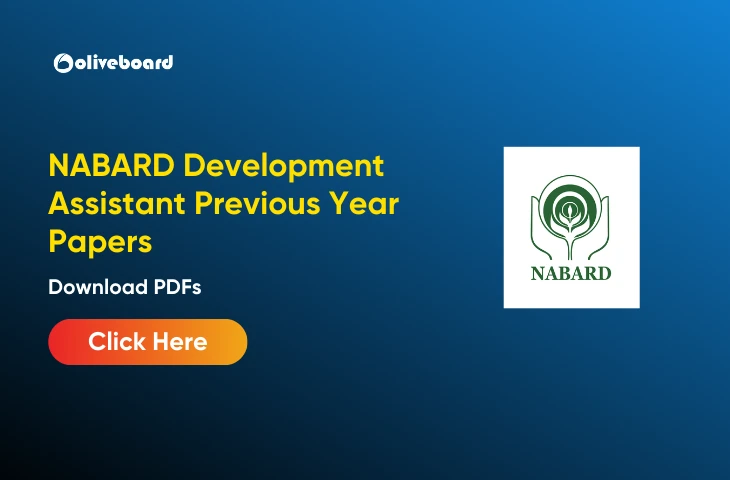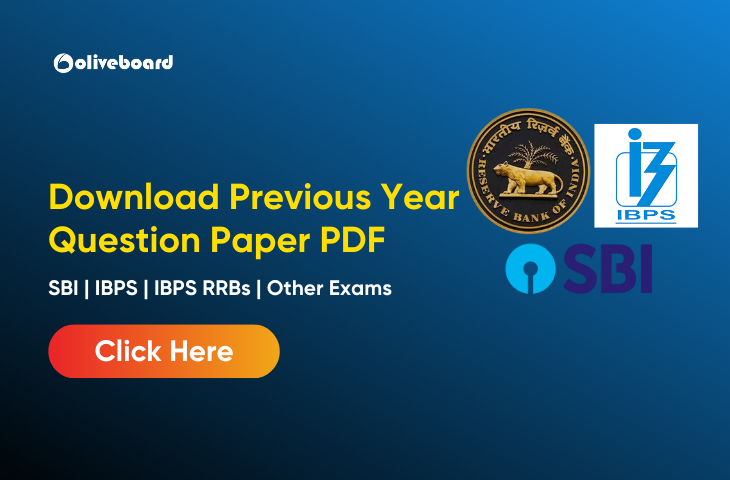IBPS RRB PO Topic Wise Weightage: Preparing for the IBPS RRB PO (Officer Scale I) exam requires more than just covering the entire syllabus—it demands a smart, targeted approach. One of the most effective ways to optimize your preparation is by understanding the topic-wise weightage of each section. By analyzing past exam trends, candidates can identify high-priority topics that frequently appear and contribute the most to the overall score. This strategic insight not only saves time but also boosts accuracy and confidence, helping aspirants focus their efforts where it truly counts.
IBPS RRB PO Topic Wise Weightage
Success in the IBPS RRB PO Exam depends not just on hard work but on smart preparation. One of the most effective ways to study efficiently is by understanding the topic-wise weightage of each section. This allows candidates to focus more on high-yield areas and allocate their time strategically.
IBPS RRB PO Exam Structure
The selection process for the IBPS RRB PO (Officer Scale I) exam includes three stages:
- Preliminary Exam
- Mains Exam
- Interview
Why Topic-Wise Weightage Matters?
Identifying topics that consistently appear in higher volumes gives aspirants a better chance to score well. Instead of spreading efforts evenly, focusing on high-weightage topics ensures a more targeted and efficient preparation strategy.
IBPS RRB PO Reasoning Ability Topic-Wise Distribution
Reasoning forms a critical part of both Prelims and Mains. Here’s a breakdown of the major topics and their average weightage:
| Topic | Typical No. of Questions |
| Puzzles & Seating Arrangement | 20–25 |
| Inequality | 3–5 |
| Direction Sense | 3–4 |
| Coding-Decoding | 4–5 |
| Syllogism | 2–3 |
| Blood Relations | 2–4 |
| Alphabet/Number Series | 2–3 |
| Miscellaneous | 3–4 |
Key Observations:
- Puzzles and seating arrangements dominate the reasoning section, making up over half the questions in most years. Mastering this topic is essential.
- Inequality, direction sense, and syllogism show up regularly and offer scoring potential if understood well.
- Coding-decoding and blood relations vary by year but have been important in multiple exams.
- Miscellaneous questions test logical variety and should be covered lightly during revision.
IBPS RRB PO Quantitative Aptitude Topic-Wise Distribution
This section evaluates numerical ability and analytical skills. Here’s how the weightage is typically spread:
| Topic | Typical No. of Questions |
| Arithmetic | 12–15 |
| Data Interpretation (DI) | 10–17 |
| Number Series | 5 |
| Simplification & Approximation | 4–5 |
| Quadratic Equation | 3–5 |
| Miscellaneous | 3–5 |
Key Observations:
- Arithmetic is the most consistent and critical topic, covering questions from profit & loss, time & work, percentages, etc.
- Data interpretation is a close second in terms of importance, often making up 25–40% of this section.
- Number series and simplification are quick-win topics for candidates looking to boost their scores with speed.
- Quadratic equations appear frequently and should be practiced well.
- Miscellaneous questions may include topics like ages, partnerships, and probability.
FAQs
Ans: Understanding topic-wise weightage helps candidates prioritize high-yield topics that frequently appear in the exam. This allows for focused preparation, better time management, and a higher chance of clearing cut-offs.
Ans: Puzzles and seating arrangements are the most important topics, consistently contributing 20–25 questions in the reasoning section. Mastery of these can significantly improve your score.
Ans: Number series, simplification & approximation, and data interpretation are considered scoring areas. These topics are relatively straightforward and help in maximizing marks quickly with practice.
Ans: While the exact number of questions may vary slightly each year, the overall pattern remains consistent. Topics like arithmetic, puzzles, and data interpretation have maintained their dominance over the years.
Ans: It’s not advisable to completely skip any topic. While focusing on high-weightage areas is smart, a basic understanding of lower-weightage topics can help you score extra marks and improve your overall performance.
- NABARD Development Assistant Previous Year Papers PDF 2026

- NABARD DA Vacancy 2026, State and Category Wise

- How to prepare for the NABARD Development Assistant Exam 2026?

- Download Previous Year Question Paper PDF: SBI, IBPS, IBPS RRB Exams

- Economic Survey 2026 Release, Key Highlights, and Significance

- Nainital Bank PO Result 2025-26 Out, Check Download Link


The most comprehensive online preparation portal for MBA, Banking and Government exams. Explore a range of mock tests and study material at www.oliveboard.in
